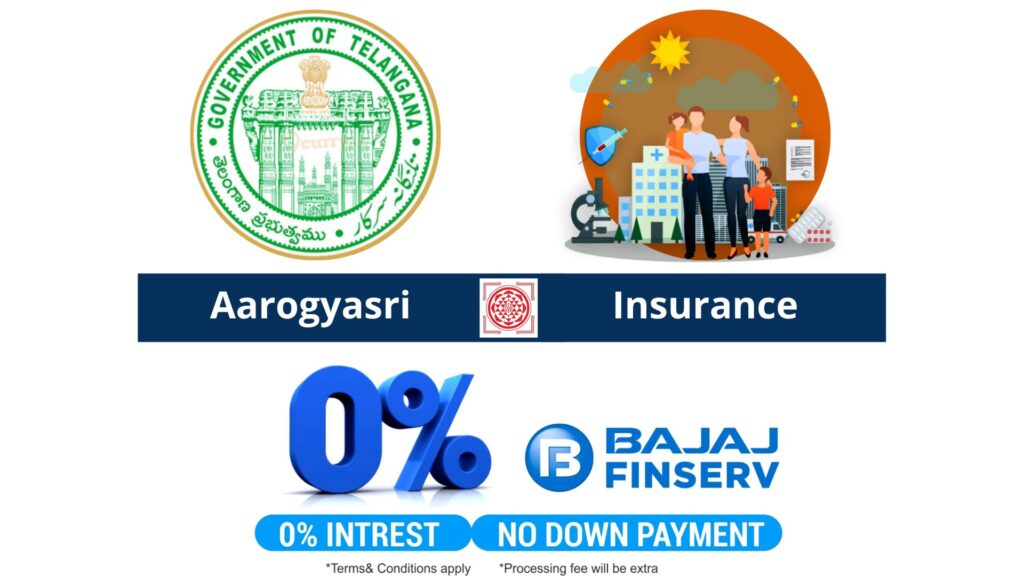
overview
Cold sores
Cold sores Open popup dialog
Cold sores – also called cold sores – are a common viral infection. These are tiny, fluid-filled bubbles on and around your lips. These bubbles are often grouped into spots. After the blisters break, a scab forms that can last for several days. Cold sores usually heal in two to three weeks without leaving a scar.Cold sore Treatment Hyderabad
- Cold sores spread from person to person through close contact, such as B. Kissing. They are usually caused by the herpes simplex virus type 1 (HSV-1) and less often by the herpes simplex virus type 2 (HSV-2). Both viruses can infect your mouth or genitals and spread through the mouth. Cold sores are contagious even if you can’t see the sores.
- There is no cure for cold sores, but treatment can help manage outbreaks. Prescription antiviral pills or creams can help wounds heal faster. And they can reduce the frequency, duration, and severity of future outbreaks.
Symptom
A cold sore usually goes through several stages:Cold sore Treatment Hyderabad
- Tingling and itching. Many people experience itching, burning, or tingling around their lips for about a day before a small, hard, painful area appears and blisters break out.
- Blow. Small, fluid-filled bubbles usually appear on the edge of your lips. Sometimes they appear around the nose or cheeks, or in the mouth.
- Oozing and crispy. The small bubbles can fuse and then burst, leaving flat, open sores that ooze and crust.
The reasons
Cold sores are caused by certain strains of the herpes simplex virus (HSV). HSV-1 usually causes cold sores. HSV-2 is generally responsible for genital herpes. But any type can be spread to the face or genitals through close contact such as kissing or oral sex. Common kitchen utensils, razors, and towels can also spread HSV-1.Cold sore Treatment Hyderabad
- Cold sores are more contagious when you have blisters because the virus spreads easily through contact with infected body fluids. However, you can spread the virus even if you don’t have blisters. Many people infected with the virus that cause cold sores never develop signs and symptoms.
After you’ve had a herpes infection, the virus lies dormant in the nerve cells of your skin and can appear as more cold sores in the same place as before. Repetition can be triggered by:
- Viral infection or fever
- Hormonal changes such as those related to menstruation
- stress
- Tired
- Sun and wind exposure
- Changes in the immune system
- Skin injury
Risk factors
Almost everyone is at risk of cold sores. Most adults carry the virus that causes cold sores, even if they have never had symptoms.Cold sore Treatment Hyderabad
You are most at risk for complications from the virus when your immune system is affected by conditions and treatments such as:
- HIV / AIDS
- Atopic dermatitis (eczema)
- Chemotherapy for cancer
- Anti-rejection drugs for organ transplants
Prevention
Your doctor may prescribe an antiviral medicine to take regularly if you develop cold sores more than nine times a year, or if you are at high risk of serious complications. If sunlight is triggering your relapses, use sunscreen when the cold sores are prone to breakout. Or talk to your doctor about using an oral antiviral preventive agent if you are planning an activity that tends to trigger your condition, such as exercising. B. intense sunlight.
To prevent cold sores from spreading to other people or other parts of the body, you can take some of the following precautions:
- Avoid kissing and skin contact with people with blisters. The virus spreads more easily when fluid leaks from the bladders.
- Avoid sharing elements. Utensils, towels, lip balm, and other personal items can spread the virus in the presence of blisters.
- Keep your hands clean. If you have cold sores, wash your hands thoroughly before touching yourself and others, especially babies.Cold sore Treatment Hyderabad

